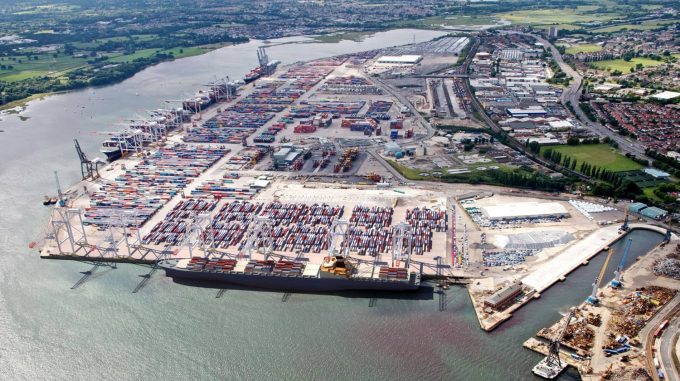COP29: UK PM announces 'determined commitment' to steep emissions cuts
Arriving at COP29 this week, UK prime minister Keir Starmer has unveiled a ‘nationally determined ...

DP Word Southampton will impose a charge on older trucks calling at the UK container terminal next year.
In a letter to customers, DP World UK commercial director Aart Hille Ris Lambers explains that after cancelling a plan for a city-wide clean air zone (CAZ), Southampton City Council “asked DP World Southampton to introduce a scheme that helped them to put an alternative case to government”.
It would also help hauliers avoid a much larger – potentially £100 a day – fee for ...
MSC Elsa 3 sinking – now the 'blame game' begins
After DSV 'cuts the cake' on Schenker acquisition, time for redundancies?
Bad news for shippers as wave of transpacific rate increases continues
Houthis claim Red Sea safe for box ships not calling at port of Haifa
Shippers hold their breath as Trump appeals court ruling that tariffs are illegal
No deals with carriers, say Houthis – Red Sea safe for non Israel-affiliated ships
Rapid transpacific capacity build-up continues – can USWC ports handle it?

Comment on this article